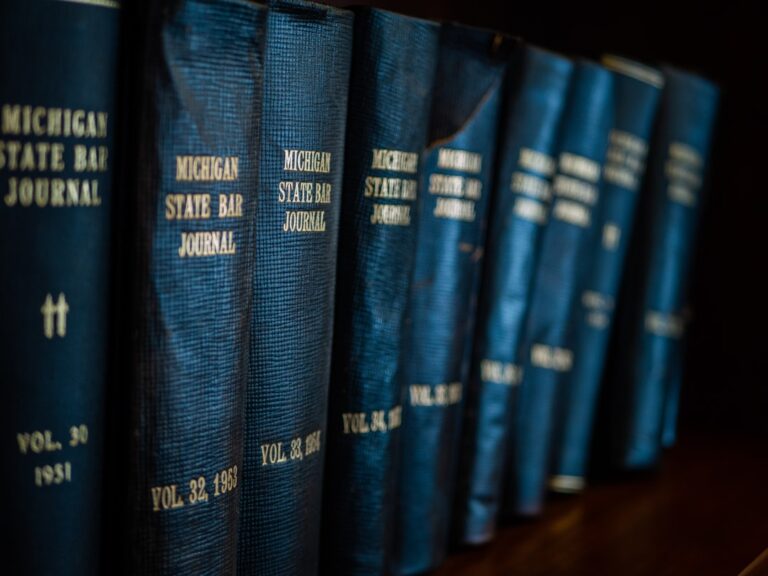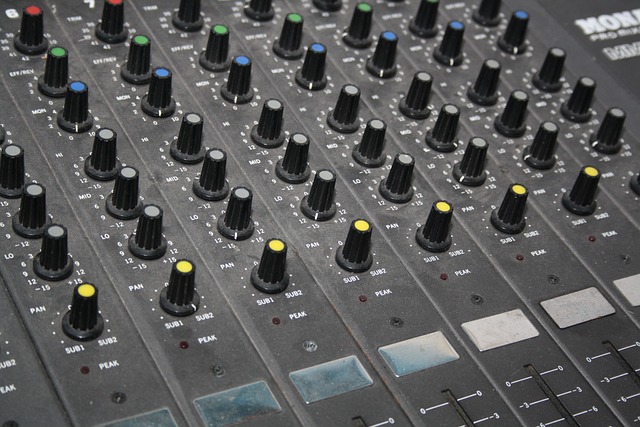DNA evidence has emerged as a crucial tool for sexual abuse attorneys in Philadelphia, PA, offering unprecedented accuracy and clarity in cases. The legal system in Pennsylvania has meticulously crafted rules for DNA testing, prioritizing justice and fairness. Sexual abuse attorneys guide clients through the complex process, ensuring proper handling of evidence to maintain integrity. This technology revolutionizes trials, providing irrefutable proof, strengthening cases, and ensuring justice for victims while also raising ethical dilemmas related to sample integrity, privacy, and potential biases. Sexual abuse attorneys play a vital role in navigating these issues and protecting their clients' rights.
In Philadelphia, DNA evidence plays a pivotal role in sexual abuse trials, offering a powerful tool for justice. This article delves into the intricate world of DNA testing, exploring its impact on cases involving sexual assault. We examine the legal framework governing DNA use in Pennsylvania, best practices for collection and handling, and success stories highlighting its effectiveness. Additionally, we discuss ethical considerations and challenges faced by Philadelphia courts when employing this groundbreaking evidence, emphasizing the crucial role of sexual abuse attorneys in navigating these complex issues.
Understanding DNA Evidence: A Powerful Tool in Sexual Assault Cases

DNA evidence has emerged as a powerful tool in sexual assault cases, offering an unprecedented level of accuracy and clarity. In the context of Philadelphia sexual abuse trials, this scientific evidence plays a pivotal role in seeking justice for survivors. It can provide irrefutable proof of genetic material left behind by an assailant, connecting them to the crime scene and, ultimately, to the victim. With the help of skilled sexual abuse attorneys in Philadelphia, PA, this evidence is meticulously collected, analyzed, and presented in court, ensuring a robust case against perpetrators.
The unique properties of DNA make it unparalleled in its ability to identify individuals. Every person possesses distinct genetic information, making DNA analysis an extremely accurate method for identification. In sexual assault cases, where the presence of bodily fluids or skin cells may be in question, DNA testing provides concrete answers. This evidence can help establish the guilt or innocence of a defendant, potentially exonerating the innocent and convicting the guilty, thereby playing a crucial role in Philadelphia’s legal system and supporting efforts to protect survivors and bring perpetrators to justice.
The Legal Framework for DNA Testing in Pennsylvania

In Pennsylvania, the legal framework for DNA testing in sexual abuse cases is structured to ensure justice and fairness. Sexual abuse attorneys in Philadelphia, PA, play a pivotal role in navigating this process, guiding clients through the intricate procedures that can significantly strengthen their cases. The state has established strict guidelines for the collection, storage, and use of DNA evidence to maintain its integrity and reliability.
The Pennsylvania Rules of Evidence and Criminal Procedure provide a clear framework for when and how DNA testing can be requested and executed. This includes protocols for obtaining warrants, collecting samples from both victims and suspects, and ensuring the preservation of evidence. These measures are designed to protect the rights of all involved while recognizing the power of DNA as a definitive tool in sexual abuse trials.
Collection and Handling of DNA Evidence in Philadelphia Trials

In Philadelphia trials, the collection and handling of DNA evidence play a pivotal role in securing justice for victims of sexual abuse. Sexual abuse attorneys in Philadelphia PA emphasize the importance of proper procedures to ensure the integrity and admissibility of such evidence. Swabs or other sampling methods are used to collect DNA from various sources, including victims and suspects, with strict adherence to protocols designed to prevent contamination. This meticulous approach is crucial for maintaining the reliability of the evidence.
The handling of DNA samples requires a high degree of care. Storage conditions, transportation, and lab procedures must be meticulously documented and controlled to preserve the integrity of the evidence. Philadelphia’s legal system has stringent guidelines in place to ensure that DNA evidence is handled appropriately, from collection to analysis, providing sexual abuse attorneys with a powerful tool to seek justice for their clients.
Success Stories: How DNA Evidence Has Impacted Sexual Abuse Trials

DNA evidence has played a pivotal role in transforming sexual abuse trials, and several successful cases in Philadelphia, PA, highlight its impact. Over the years, DNA testing has become an indispensable tool for sexual abuse attorneys, providing irrefutable proof to support their clients’ claims. This scientific evidence not only strengthens the prosecution’s case but also ensures justice for victims who may have faced significant challenges in the past due to lack of concrete physical proof.
One notable example is the increased conviction rates for perpetrators, as DNA can link suspects to the crime scene and establish a direct biological connection. This has led to longer sentences and a sense of closure for survivors. Moreover, DNA evidence can also exonerate those wrongfully accused, which is a crucial aspect of ensuring fairness in the legal system. Philadelphia’s sexual abuse attorneys have leveraged this powerful tool to secure positive outcomes for their clients and contribute significantly to the fight against sexual violence.
Ethical Considerations and Challenges in Using DNA in Philadelphia Courts

In Philadelphia courts, the introduction of DNA evidence in sexual abuse trials presents both opportunities and ethical challenges for all involved—prosecutors, defense attorneys, judges, and jurors. While DNA technology can be a powerful tool in securing justice for victims, it also raises complex issues that must be carefully navigated. One significant challenge is ensuring the integrity of DNA samples to avoid any potential contamination or mishandling, which could lead to false results and undermine the fairness of the trial.
Sexual abuse attorneys in Philadelphia PA play a crucial role in this process, scrutinizing the collection and analysis of DNA evidence to safeguard their clients’ rights. They must be adept at understanding scientific methodologies and interpreting test results while also addressing potential biases or limitations inherent in DNA testing practices. The ethical considerations are vast, from protecting the privacy and dignity of victims during sample collection to ensuring that the use of DNA evidence does not disproportionately impact marginalized communities.





